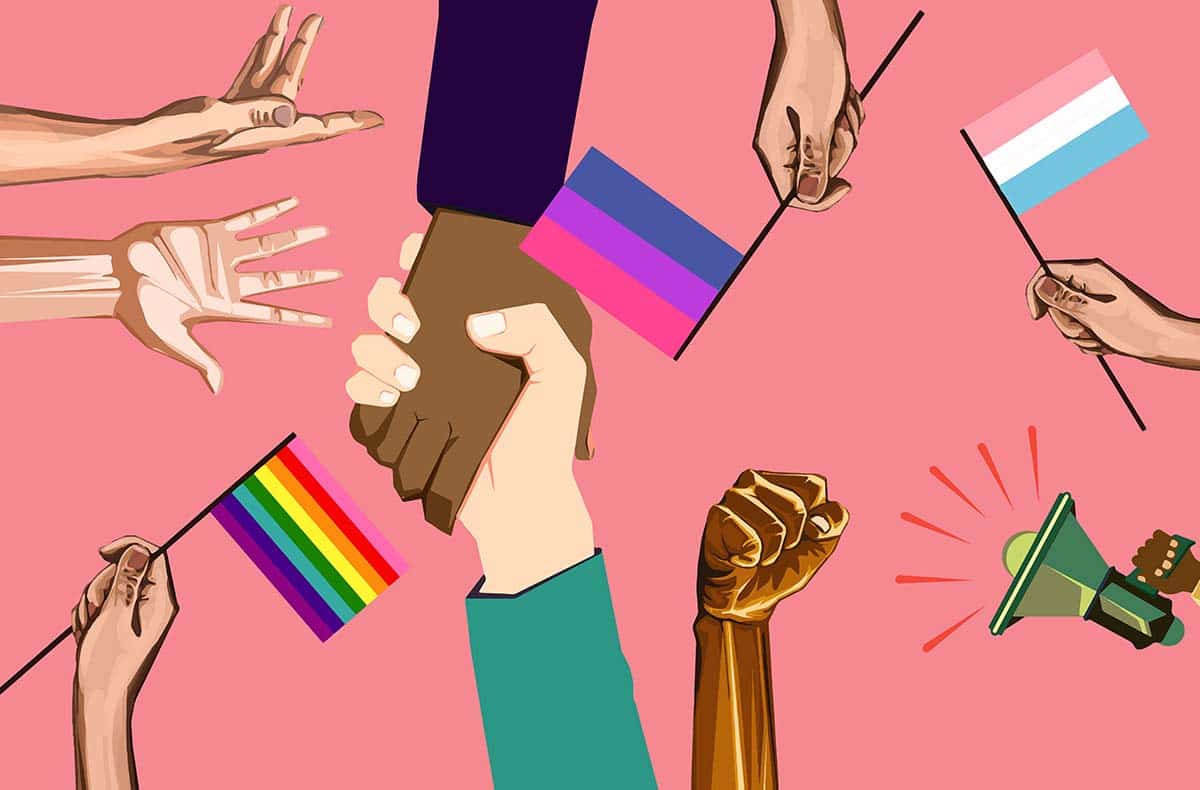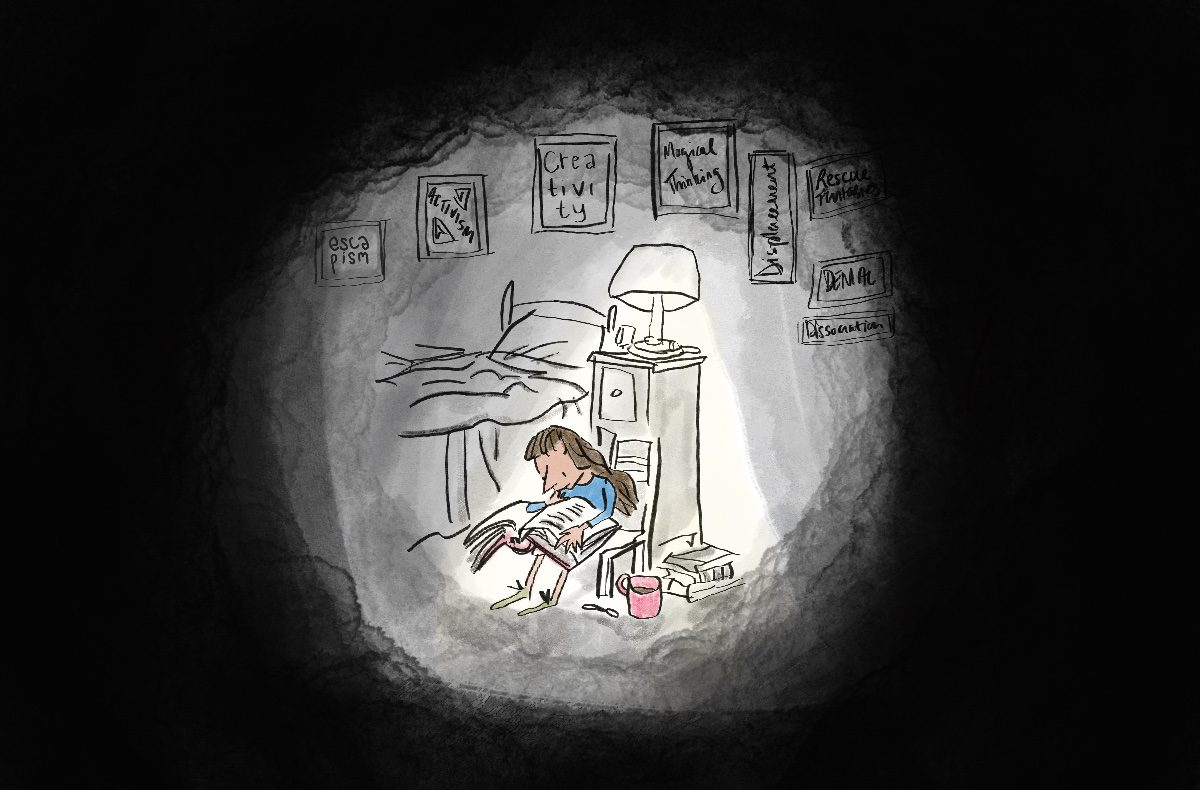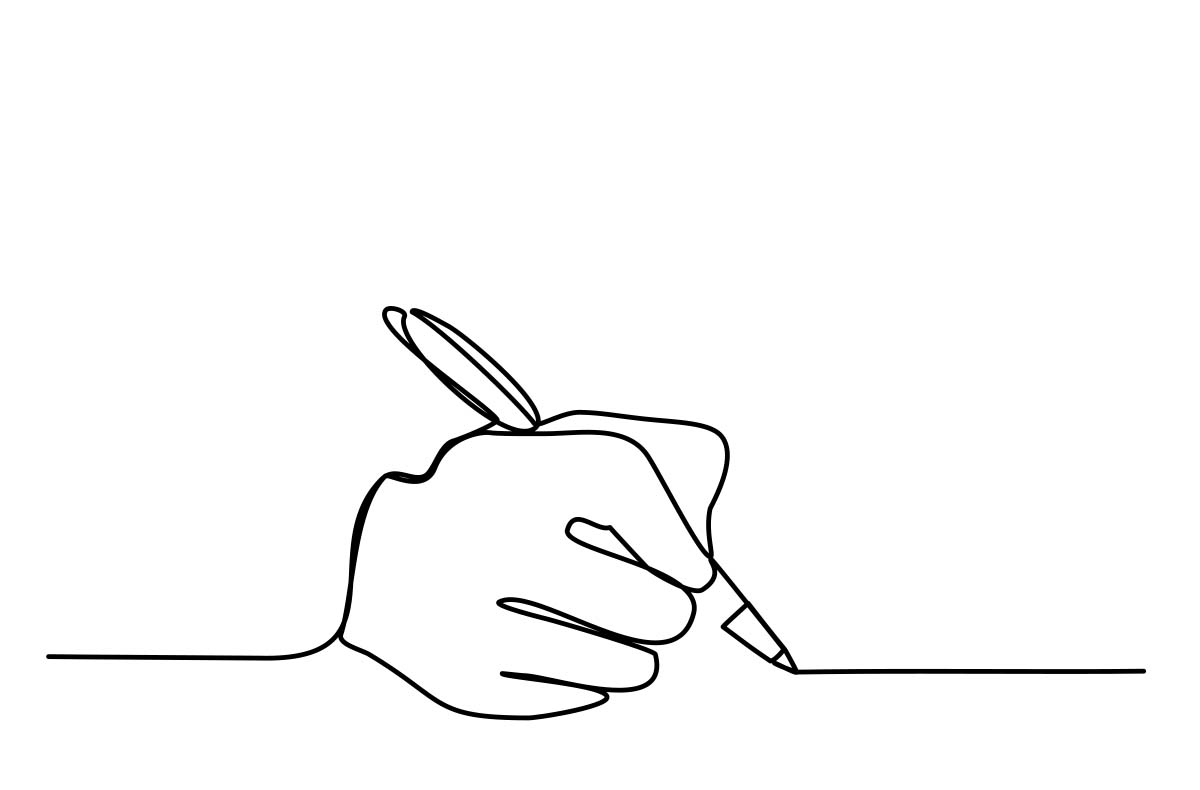
June is a month of school’s end, summer’s beginning, and, of course, Pride, which is defined by the Oxford English Dictionary as “[c]onfidence and self-respect as expressed by members of a group, typically one that has been socially marginalised, on the basis of their shared identity, culture, and experience.” While Pride provides a joyous opportunity for LGBTQ+ folx to bond, freely celebrating their identities and history, it is also an important moment for allies to educate themselves about the challenges this community still faces today.
The struggles of individuals who are LGBTQ+—including discrimination, stigma, social exclusion and a lack of support—have huge effects on mental health. LGBTQ+ communities have a higher risk for depression, anxiety, suicidal ideation and suicide attempts than their straight- and cis-gender identifying counterparts. They also are potential targets of hate crimes, have a much higher rate of homelessness, and are less likely to have access to proper healthcare.
These stressors are directly linked to the marginalisation and exclusion of these individuals, which not only ties into external hardship—such as getting kicked out of one’s home or being bullied at school—but can also lead to internalised shame and self-loathing. By the same token, embracing one’s gender and sexuality and feeling supported and welcomed by others can result in positive mental health. Studies demonstrate that parental support of their children’s coming out has a strong correlation with positive future health outcomes, while rejection correlates with negative ones. Although sexuality and identity is an individual issue, the reception and acceptance of an individual’s identity by those close to them is paramount to making them feel at home within a wider social circle. This acceptance is far from a foregone conclusion, as many cultures still hold beliefs that categorise anything but heterosexuality as abberant. So it is essential that, as allies, we make an effort to create and support an inclusive society.
For allies, Pride month offers an opportunity to celebrate LGBTQ+ members of society, creating a space for them to celebrate themselves. Pride month is about commemorating the vital impact LGBTQ+ people have had on the world, recognising how far we have come with regards to equal opportunities and justice, whilst acknowledging the very real struggles that still exist and the improvements that still need to be fought for.
It’s also an important time for allies to show support for their LGBTQ+ loved ones. There are many ways in which we can constantly strive to be better allies. We need to be educating ourselves on the realities of being LGBTQ+, whether that’s staying up to date on relevant developments in the news, reading books by LGBTQ+ authors or watching LGBTQ+ films (side note: Gay’s The Word is a fantastic LGBTQ+ bookshop in Central London, also hosting events and community discussions), signing petitions, or attending informational seminars and lectures.
As a heterosexual cisgender woman, I was humbled by a recent experience watching a West End theatre production of The Normal Heart. One of my favourite films, The Normal Heart is about the heartbreak, love, loss, and activism during the rise of the AIDS crisis in the 1980s. Sitting alone within an audience of predominantly middle-aged gay couples—many of which, no doubt, had lived through the AIDS crisis—we all cried together as the curtains came up. Although I was an outsider to this community’s unique experiences, I felt they’d included me on a deeply emotional journey. By being there and listening, I was able to learn and empathise more deeply.
Listening is a very important part of being an ally. Listening non-judgmentally, with respect, can go a long way in establishing yourself as a safe person someone can come out to. If your LGBTQ+ loved ones can’t yet feel pride for who they are, be the person to hold that pride for them. Believe them. Even if there are things you don’t fully understand, you can still believe and accept and love. Display compassion without objectifying, without treating your LGBTQ+ loved ones as though they are creatures to be stared at, without undermining the challenges they face. It’s about taking the time to be open, to be willing to reshape pre-existing beliefs in order to see it from the perspective of someone who experiences hardships for just being who they are, and loving who they love. And, as a rather obvious point, don’t out people without their permission. It’s not your story to tell.
For aspiring allies seeking to do better, here are a few starter tips for this Pride month:
- Avoid tokenization. Do an internal review: do you have certain assumptions about what gay men or lesbians “look” like or do? Even if you might have a positive association, stereotypes erase individuality and humanity and should be revisited critically. Don’t make assumptions about an individual based on a stereotype.
- Check your underlying biases. Being an ally means supporting the entire LGBTQ+ spectrum—check in with yourself as to whether you might be more accepting towards certain letters in the acronym whilst holding more biases towards others. Practice getting comfortable with being uncomfortable. It may be difficult to admit to prejudices you never thought you had, but this type of awareness is a key part of doing the work.
- Use the correct pronouns. When I first found out how much of a tangible difference respecting others’ pronouns can make, I was blown away. Research has shown that transgender youth who are given the opportunity to use their chosen name and correct personal pronouns experience significantly fewer symptoms of severe depression (71% reduction), suicidal thoughts (34% reduction), and suicide attempts (65% reduction). If you’re not sure what someone’s pronouns are, consider normalising the conversation by offering your own first: this gives the other person an open invitation to offer theirs.
- Do your homework and seek advice online. It’s okay to be confused or to have questions, especially when you’re learning. There’s a ton of helpful guides on how to navigate this terrain. But make that your first step, rather than putting the burden on your queer friends to educate you.
- Don’t tolerate discriminatory comments from others. It might be scary to call people out, but you may be able to respectfully explain why such comments are harmful, and provide a new perspective.
- Do not make it about you. Many well-intentioned allies make the rookie mistake of supposing the “A” in LGBTQIA+ is referring to them, rather than agender and asexual folx. (It assuredly is not!) As fun as Pride celebrations can be, the focus is not on you—you are not supposed to wave your flag to draw attention to how great an ally you are, just be a witness.
- Accept feedback and criticism openly. You’re not going to be perfect as an ally, and being an effective ally doesn’t happen overnight. You’re going to make mistakes, and you have to be willing to take responsibility when you get it wrong. If an LGBTQ+ person is brave enough to offer you critical feedback, put aside your ego and practise thanking them for letting you know. It’s okay to make mistakes, what matters is how we handle them. Being a good ally requires constant, active work, and to do better, we need to be open to internalise feedback from LGBTQ+ people telling us what they need.
Wherever you are in your journey as an ally, above all else, remember to keep an open heart. Empathy lies at the centre of allyship, and ultimately the point of Pride is to respect that love is love, that we all deserve equal happiness, and that if we lead with compassion, the world as a whole will be far better for it. And that’s something well worth celebrating. Happy Pride!



